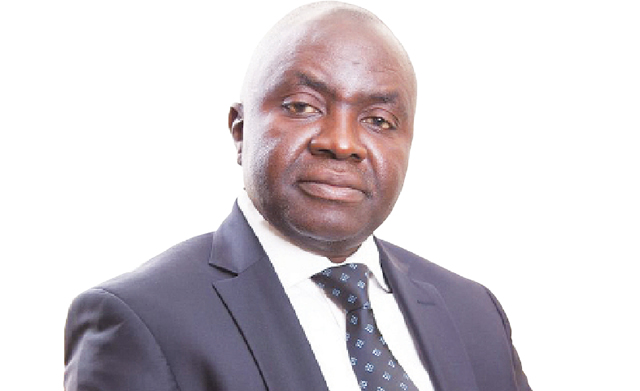The Centre for the Promotion of Private Enterprise (CPPE), a leading consultancy championing advocacy for improved environment for the nation’s organized private sector (OPS) has charged the Federal Government to adopt policy measures and other initiatives to fix the nation’s economy.
The group, in a statement issued by its Chief Executive Officer, Dr. Muda Yusuf, maintained that taking the step had become imperative in order to address sectors that are in recession or slowed down in performance in recent months.
Commenting on the Q3 2022 2.25% GDP growth rate just published by the National Bureau of Statistics (NBS), Yusuf noted that while some sectors like Agriculture, Chemical and Pharmaceutical, Iron and Steel, Electrical and Electronics, and Motor assembly recorded accelerated growth, others such as Cement, Wood and wood product, Road transportation, Air transport, Finance & Insurance, and Education recorded a slower pace of growth over the last quarter performance.
On sectors that contracted, the CPPE Director-General said: “According to the GDP report, there are sectors that suffered contractions. These are sectors that posted negative GDP growth. These are also sectors that are victims of the diverse headwinds in the economy.
“They include, Crude oil and gas which contracted by 22.67%, Oil refining contracted 44.7%, Coal Mining – 43.5%, Manufacturing Sector – 1.91%, Food and beverage sector which is one of the most shocking contracted by 4.05%, Textiles contracted by 3.98%.
“It is also worthy of note that the manufacturing sector as a whole contracted by 1.91%, Electricity and Gas – 3.56%, and Plastics and Rubber Products – 3.92%
“A striking feature of the GDP Q3 report was the contraction of the manufacturing sector which shrunk by 1.91%. This is the first quarterly contraction of the manufacturing sector since 2020 when the economy slipped into recession. Of greater concern was the slump in the food and beverage sector which contracted by 4.05%. This is the first contraction of the sector since the recession of the second quarter of 2020.”, he added.
Yusuf linked the slowdown in the GDP growth in the quarter under review to diverse headwinds, including macroeconomic instability, heightening inflationary pressures, currency depreciation, foreign exchange illiquidity, surging energy cost, and weakening purchasing power.
Others are, legacy structural constraints, lingering insecurity, and crippling trade facilitation issues.
According to him, the GDP report indicated that based on the negative headwinds, there is an urgent need to put in place policy reforms and intervention measures to reverse the ugly micro and macroeconomic challenges.
The CPPE boss listed some of the measures as fixing the macroeconomic headwinds of high inflation and currency volatility; addressing the structural impediments to production and other economic activities, reforming the foreign exchange market to inspire investors’ confidence, and addressing the challenge of insecurity.
In addition, the renowned economist and former Director-General of Lagos Chamber of Commerce and Industry (LCCI) also charged the government to also tackle the challenges of logistics, take urgent steps to tame inflation and boost purchasing power of the citizens, accelerate the implementation of the Petroleum Industry Act, reform the monetary policies to facilitate financial deepening in the economy, and provide creative support for small businesses to promote economic inclusion.
Also, Yusuf strongly canvassed the need to accelerate efforts to ensure domestic refining of petroleum products, embark on fiscal reforms which prioritize infrastructural development and transparency in the budgetary process.






